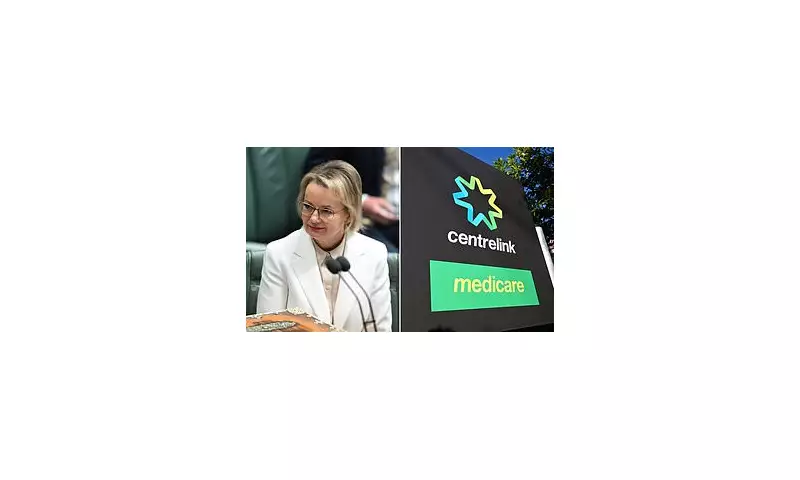
The Australian government is intensifying its efforts to recover billions in overpaid welfare benefits, launching a fresh data-matching offensive against so-called 'double-dippers'.
A new compliance drive, spearheaded by Government Services Minister Bill Shorten, will see Services Australia cross-reference its records with data from other federal and state agencies. The initiative aims to identify individuals who may be receiving payments they are no longer entitled to, such as those who have returned to work but failed to declare their income.
The Data-Matching Net Widens
The sophisticated system will check Centrelink records against a multitude of sources, including:
- Australian Taxation Office (ATO) income data
- State and territory revenue offices
- Bank account transactions and asset holdings
- Immigration and travel movement records
This powerful data crunching capability allows officials to swiftly identify discrepancies that may indicate a recipient's circumstances have changed, rendering them ineligible for certain payments.
Recovering the Public Purse
Minister Shorten emphasised that the crackdown is not about punishing legitimate recipients but about ensuring the system's sustainability. "This is about fairness for taxpayers and for those who genuinely need support," he stated.
The government has already identified substantial savings through previous compliance measures, with hundreds of millions in potential debts currently under review. The new push is expected to significantly increase the recovery of incorrectly paid benefits.
Implications for Recipients
Those found to have been overpaid will receive a debt notice from Services Australia. While the government insists it will work with individuals to establish manageable repayment plans, critics warn that the automated system could create undue stress for vulnerable Australians who may struggle to navigate the complex compliance process.
The move continues Australia's tough stance on welfare compliance, balancing budgetary responsibility with social support obligations in a post-pandemic economy.





